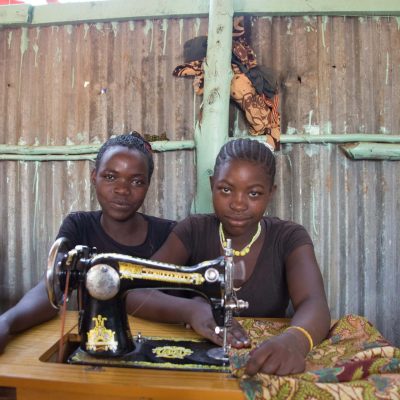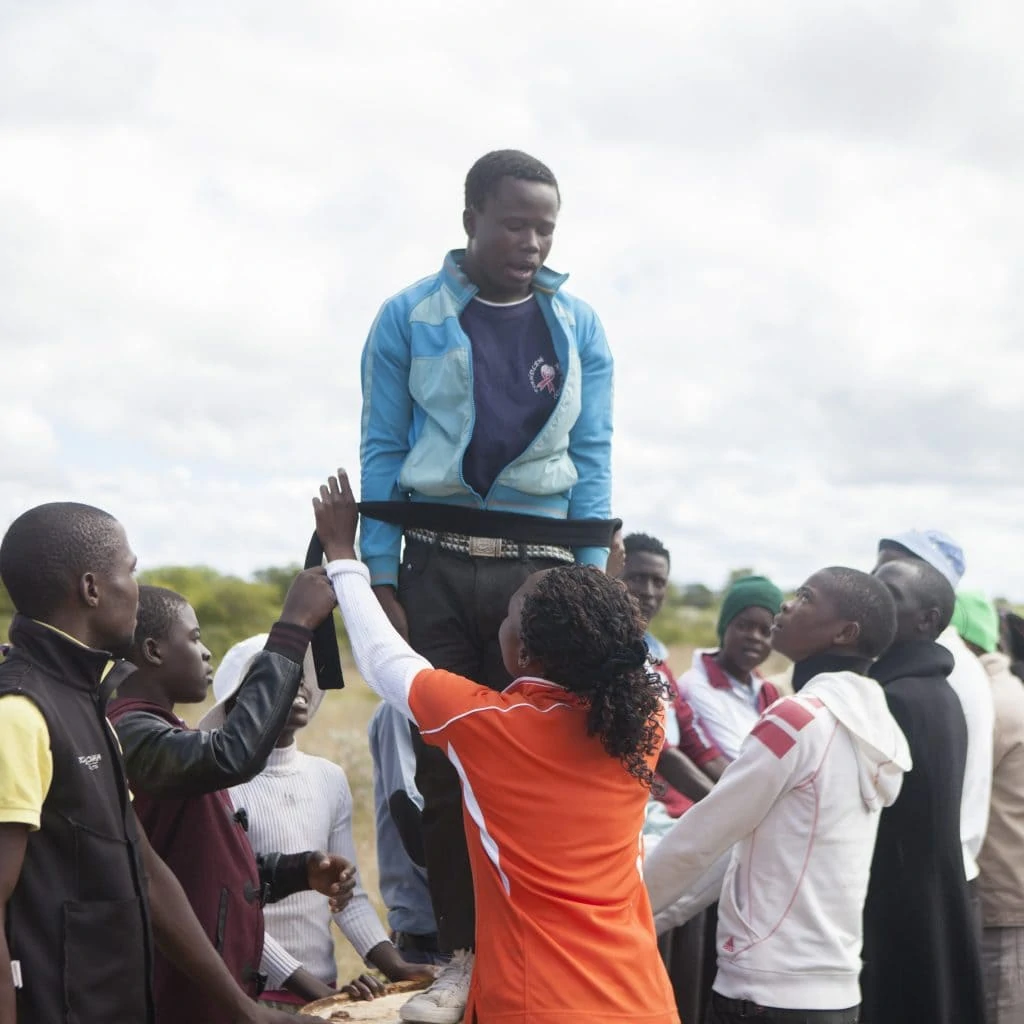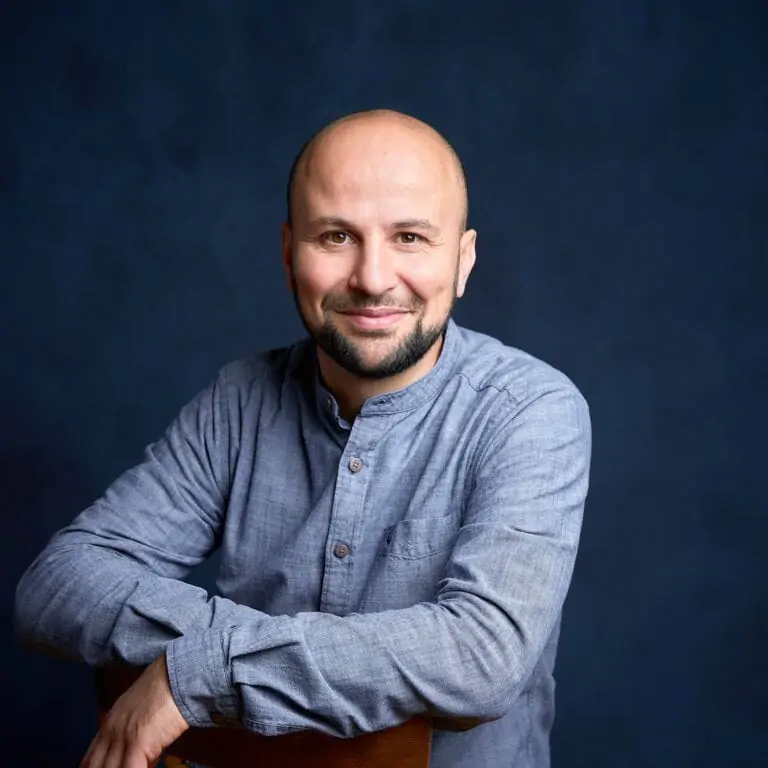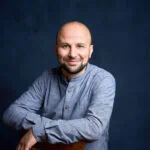HIV/AIDS
Dealing with the disease and preventing infection

The loss of one or both parents to AIDS not only puts young people at risk of poverty, but also affects their psychological and social well-being. They are often left alone or even outcast by the communities. The main reason for this massive problem is the limited level of education about sex or sexuality and the associated taboo on HIV/AIDS. In addition, socially anchored disregard for girls, culturally determined taboos and a lack of or not youth-friendly preventive measures form barriers to access to contraceptives.
Learning to deal with your own situation
The prevention of HIV/AIDS and the handling of the virus are focal points of terre des hommes switzerland's work in Tanzania, South Africa and Zimbabwe. The work of the local partner organisations starts at various points: For example, they offer psychological and social support to young people affected by HIV/AIDS and work with a solution-oriented approach. In this way, the young people learn to deal with their situation and can develop new life perspectives of their own accord.

Holistic approach
Experience has shown that communities, families and other institutions are crucial in breaking the culture of silence around sex and sexuality. Only when the entire environment of young people - parents, schools, communities, hospitals, and religious and traditional leaders - stand up for their rights can their reality change for the better.
Example projects HIV/AIDS
Support for AIDS orphans - Partner organisation Humuliza in Tanzania
Life prospects despite HIV/AIDS - Partner organisation MMPZ in Zimbabwe
Desk


061 338 91 47 | hafid.derbal(at)terredeshommes.ch

